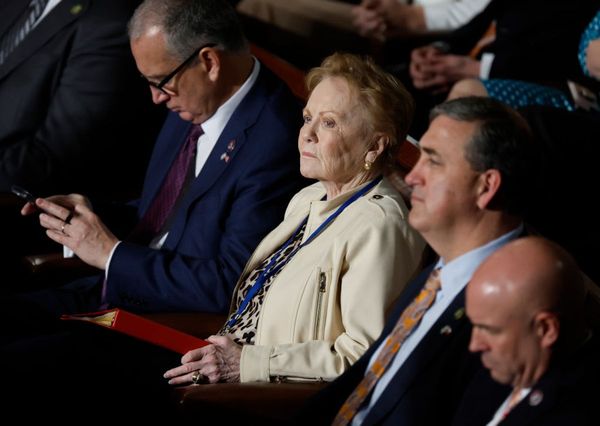
As Crikey noted yesterday, the latest Mid-Year Economic and Fiscal Outlook further diminishes the fiscal justification for the government to abandon the stage three tax cuts it committed to before the election. What has long been dubbed unaffordable looks increasingly affordable with what will likely be two surpluses in a row and a substantial downgrading of forecast deficits from 2025.
Moreover, GDP growth — even when revised upwards yesterday — is still expected to barely manage 2% between now and 2025 as a result of the Reserve Bank’s obsession with home-grown inflation. Household demand growth is expected to be even weaker than previously thought. As a result, the tax cuts on July 1 will kick into an economy that’s decidedly tepid.
That the tax cuts are skewed too heavily to high-income earners is true; that there are better things to do with that money, even within the strict confines of tax cuts is also true — re-orienting them to lower-income earners will see a greater impact on household demand because higher-income earners will save more of the additional cash.
But there is a progressive case for the tax cuts within the broader context of what the Albanese government is trying to achieve. Under Albanese, Labor has ditched a risky, ambitious agenda for a cautious, centrist economic management model aimed at achieving multiple terms in government and making reforms a permanent part of the fabric of Australian life — more Medicare than carbon price. The selling point to voters is stable, competent government that provides certainty and delivers for working families — in contrast to the incompetence, culture wars, marketing and stunts that marked Scott Morrison.
Despite failing to sell its achievements, Labor has delivered on much of this agenda over 18 months: inflation is down, partly due to Labor’s programs; wages growth is up, also partly due to Labor; and the budget looks likely to rack up two surpluses in a row, because Labor resisted the push for more cost-of-living relief, knowing that would just add to inflation. It has also begun the process of rebalancing Australia’s anti-worker industrial relations system to make wages growth easier in the future.
The price of this success is the constant rain of criticism on the government, from progressives and the Twitterati who want more spending and bolder reform, and from business complaining about higher wages and industrial relations reform. Much of the media is either formally anti-Labor, obsessed with horse-race journalism rather than substance, or too cowed to provide balanced coverage. But the hope is that voters realise they’re being given a higher-quality government that plays fair with them, and will be inclined to keep it in power rather than return to the incompetent circus of the Coalition.
The stage three tax cuts are crucial to the strategy. Whether Labor should have backed them before the election or not is now irrelevant — they did, so the tax cuts have the status of an election commitment. Progressives urging Labor to dump them plainly have no memory or regard for what happened when Paul Keating merely shifted some of his L-A-W tax cuts into superannuation, or what happened when Julia Gillard allowed the Coalition to portray her carbon price as a broken promise, or what happened to the Abbott government after the 2014 budget. It takes a fairly low regard for voters to think they’ll readily accept more broken promises from anyone.
Progressives respond that Labor should make the case for full or part reversal of the cuts — explain how regressive the changes are, how the money should be redirected to better uses, that the cuts are unsustainable, convince voters of the need to amend or dump them.
This sentiment comes from the same place as the naive belief that if only Labor made the case for opening our borders to asylum seekers, Australians would embrace large numbers of boat arrivals, that somehow the problem is the messaging, that if only there was a politician capable of cutting through, any reform is possible. Well, good luck with that in a wholly fragmented media environment. If a government struggles to sell its clear achievements, selling the nuanced arguments about why middle- and high-income earners should forgo a tax cut is going to be impossible.
Rather than hand Peter Dutton a legitimate excuse to spend every day between now and the next election telling voters Labor can’t be trusted on tax cuts, Labor is far more likely to achieve its goal of multiple terms by delivering the tax cuts as planned, showing voters that the government can be trusted to do what it says it will, and that it can deliver for low- and middle-income earners with higher wages and lower inflation at the same time. In fact, it’s a no-brainer.
Are the stage three tax cuts worth keeping for Labor’s long game? Or is the cost still too large to justify? Let us know your thoughts by writing to letters@crikey.com.au. Please include your full name to be considered for publication. We reserve the right to edit for length and clarity.







